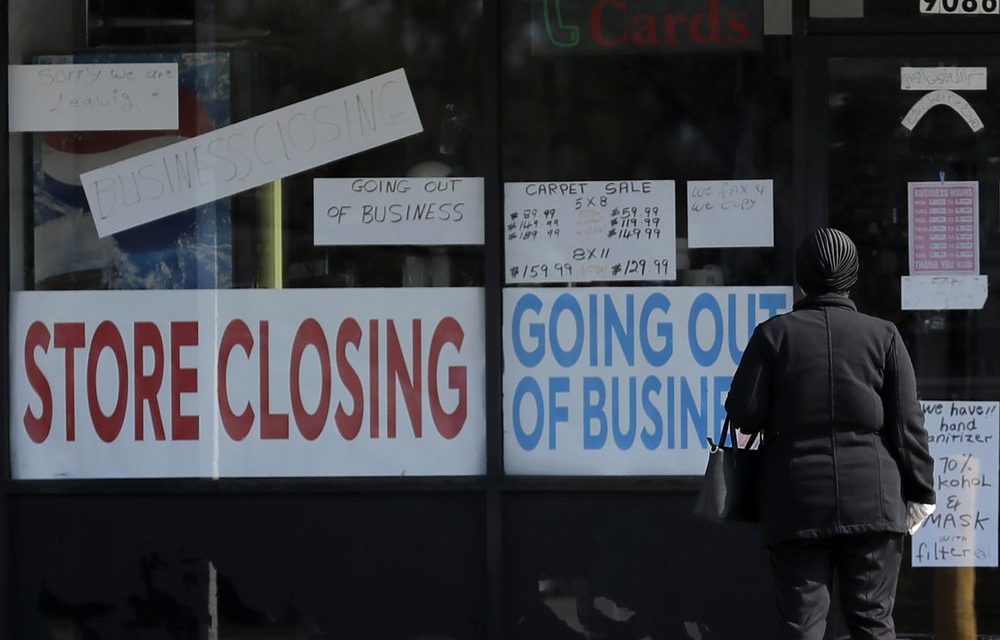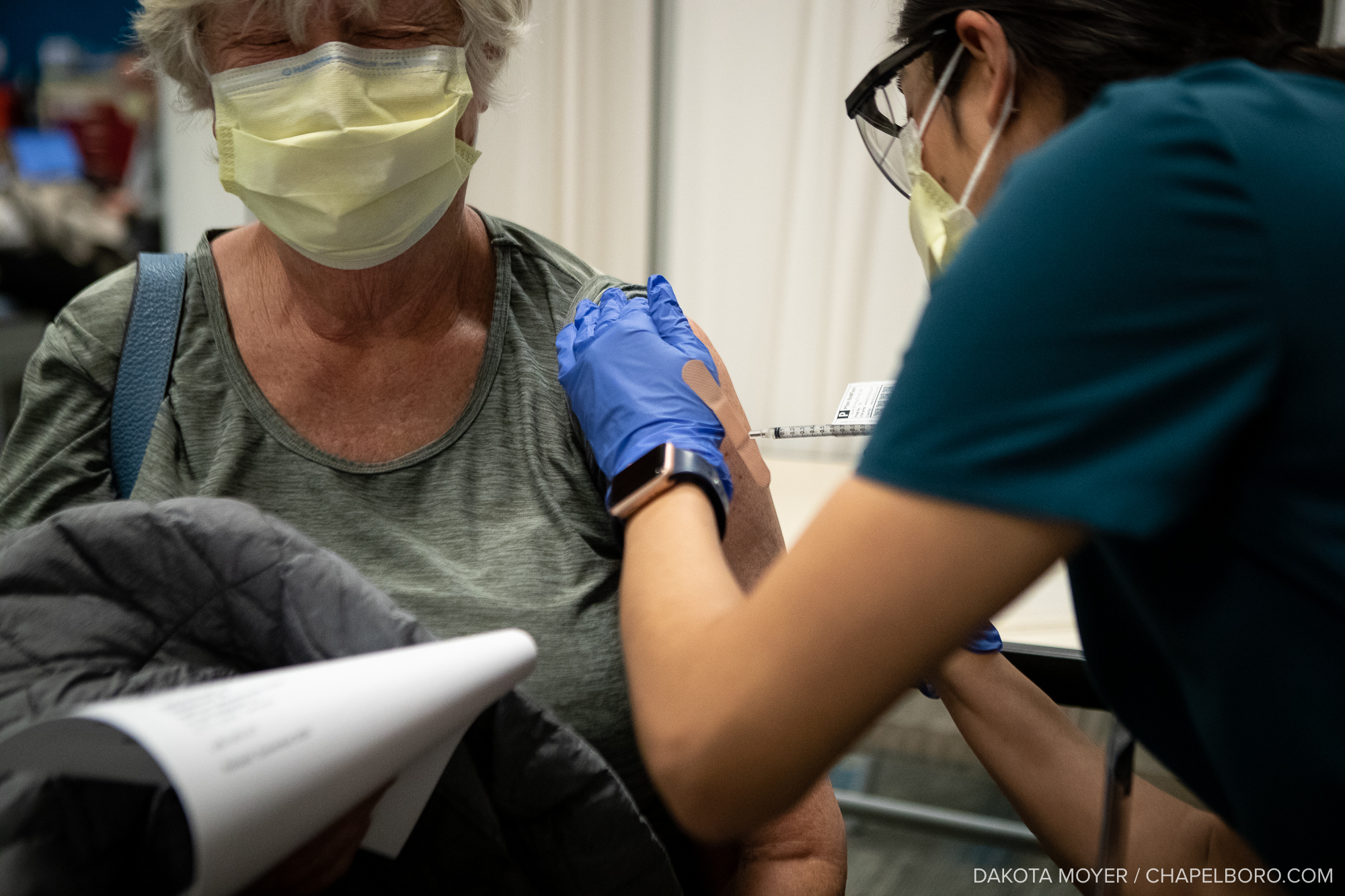The economy continues to rank as voters’ top issue leading up to the historic 2020 presidential election – coming as no surprise given the ongoing recession and unprecedented economic turmoil driven by COVID-19.
To help understand the opportunities for long-term change, that will bring better economic outcomes for more people, the Kenan Institute at UNC’s Kenan-Flagler Business School has collaborated with the North Carolina CEO Leadership Forum to produce a new report titled, “Seven Forces Reshaping the Economy.”
This report explores the economic challenges and opportunities facing our nation amid and beyond the pandemic. It also examines the current state of the economy at the state, national and global level while keeping a focus on the upcoming election.
Professor Greg Brown is the Executive Director of the Kenan Institute of Private Enterprise a Professor of Finance in the Kenan-Flagler Business School and a key player in the drafting of this report. He said this report highlights the lasting impact the pandemic will have on our local and national economy.
“A significant downturn in March and April left the economy down about 30 percent,” Brown said. “Then we started to see a rebound in May and June that brought the economy back to within about 10 percent of the pre-pandemic output levels. But that’s sort of the bad news as well, in a sense that the economy really has been treading water and has been stuck at those output levels since mid-June and there’s some worrying signs that growth is stalling – especially among smaller businesses which we think are the most vulnerable in this current climate.”
Brown said understanding why the economy has stalled and figuring out what we can do about it is the primary goal of this report. He said the most obvious economic force currently in play is the accelerating shift to on-demand and at-home retailing.
“Of course the shift to online retailing has been happening for 20 years, but the shock from the pandemic has really rapidly upended that market even further,” Brown said. “In 2020 we’re likely to see the closure of more brick-and-mortar retail outlets than in any year in U.S. history.”
Brown said, at the same time that we’re seeing immense pressure on traditional retailing, we’re also seeing certain segments of the market, like grocery and delivery, exploding in demand. Unlike prior economic downturns, where everything declined at the same time, there have been substantial positive and negative pressures in different areas of the market.
“This has affected supply chains, and most importantly it’s impacted workers in the labor force,” Brown said. “I think it’s also clear that this is not a temporary shift – there may be a temporary component to it but consumers have now learned how to consume goods and services differently, and this is going to persist.”
Because these trends and shifts in the market are expected to persist, there is concern for certain populations who are the most heavily affected. Brown said lower income households, people of color, women and single women with children have been disproportionately affected – both by the health risks of the pandemic and the economic downturn.
“Of course this ties back to the work that these groups do, which is disproportionately in the retail goods and services industry,” Brown said.
According to Brown, the Kenan Institute report identifies these issues while also looking ahead to discover how to mend the “tear” in the retail and online goods labor market. All this to help get the economy back to full employment.
To do this, the report offers up numerous recommendations – some of which involve rescaling and upscaling the labor force – implementing more workforce development programs – and expanding the supply chain to more suburban and rural locations now that these areas have the ability to work remotely and move online.
“As you can see, taking advantage of these opportunities will likely take a combination of efforts across private sector business and government policy,” Brown said. “Both are going to need to make new investments and policy will have to do things like adjust regulatory framework to include reducing regulatory barriers that prevent movement of labor across occupations.”
To read the full “Seven Forces Reshaping the Economy” report, click here.
Lead photo courtesy of Associated Press.
Chapelboro.com does not charge subscription fees. You can support local journalism and our mission to serve the community. Contribute today – every single dollar matters.











